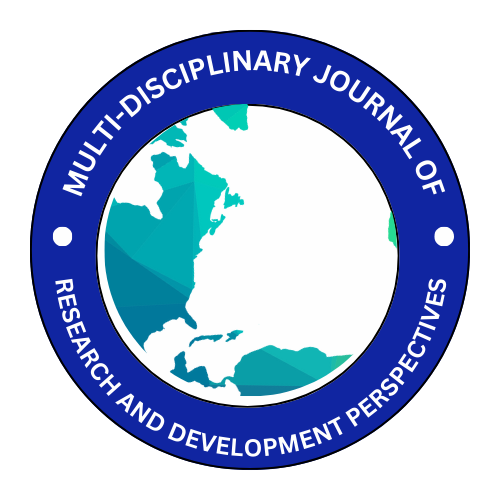On-the-job training of park rangers as a machinery for sustainable eco-tourism in Nigeria empirics of Cross River National Park
Author(s): Oba Demitrus O; Prince-Charles O.; Maureen Ogechi Aruomah; Agaku Doris Deun
Institute(s): 1,4 Department of Tourism Studies, Faculty of Social Sciences, University of Calabar, Nigeria; 2 Department of Geography and Environmental science. University of Calabar; 3 Department of Archaeology and Tourism, University of Nigeria Nsukka
Volume 12 / Issue 2
Abstract
A park ranger is saddled with the responsibility of protecting and preserving protected parklands, so that in the process of time, the natural ecosystem is protected from natural disasters that occasionally threaten human existing. Therefore, the study’s aim is to evaluate on-the-job training of park rangers as a machinery for sustainable eco-tourism development in Cross River National Park. The geographic scope is the Oban and Okwangwo Divisions of the Cross River National Park. Data for the study was sourced from both primary and secondary means, while interviews, questionnaire administration and Focus Group Division (FGD) were instrument for data collection. The study’s findings among others revealed that Park rangers were facing the following challenges; illegal poaching by the locals, land encroachment, poor funding, inadequate modern security equipment, low man power and insufficient on-the-job training of park rangers. It was therefore, recommended that alternative sources of livelihood should be provided for the support zone communities to discourage illegal poaching and farming activities within the park. The park management should partner with support zone communities in the protection and preservation of the parkland and ultimately periodic intensive on-the-job training of park rangers should be encouraged.
Number of Pages: 10
Number of Words: 4463
First Page: 97
Last Page: 106
